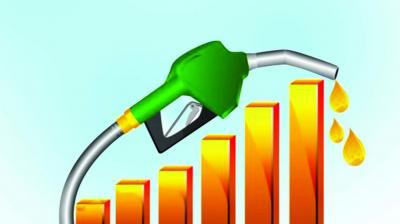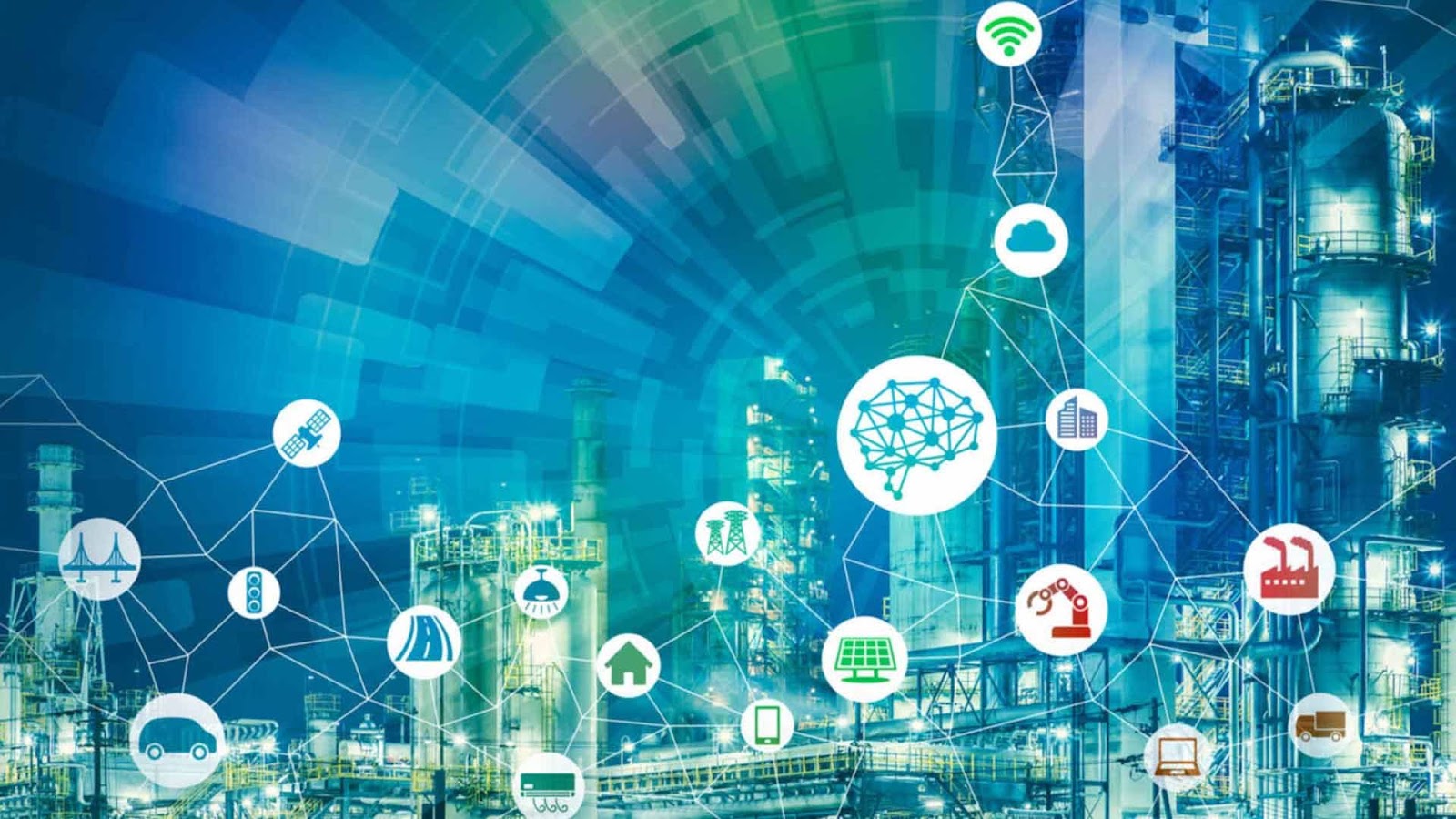Fuel Price Fluctuations and their Impact on Inflation in the Economy
"Fuel Price Fluctuations and their Impact on Inflation in the Economy"
Introduction
Fuel prices have always been a sensitive economic indicator, closely monitored by governments, businesses, and citizens alike. The price of fuel, especially gasoline and diesel, has a significant impact on inflation rates in any economy. This article explores the intricate relationship between fuel prices and inflation, shedding light on how fluctuations in the cost of fuel can influence the overall economic landscape.
The Link Between Fuel Prices and Inflation
Transportation Costs: Fuel is a fundamental component of transportation. When fuel prices rise, the cost of transporting goods and people also increases. Businesses often pass these higher transportation costs on to consumers, resulting in higher prices for goods and services. This phenomenon contributes to what economists call "cost-push inflation."
Production Costs: Industries that heavily rely on fuel, such as manufacturing and agriculture, experience a surge in production costs when fuel prices go up. These increased costs can lead to higher prices for manufactured goods and food products, further contributing to inflation.
Consumer Spending: As fuel prices rise, consumers typically have less disposable income. When more of their income is allocated to fuel expenses, they have less to spend on other goods and services. This can lead to reduced consumer spending, which can slow down economic growth and contribute to inflationary pressures.
Inflation Expectations: Perception plays a significant role in inflation. When consumers and businesses anticipate that fuel prices will continue to rise, they adjust their expectations and behavior accordingly. This can lead to a self-fulfilling prophecy, where price increases become a self-perpetuating cycle.
Government Response to Fuel-Induced Inflation
Governments often employ various strategies to mitigate the impact of fuel price increases on inflation:
Fuel Subsidies: Some governments provide subsidies to keep fuel prices artificially low. While this can shield consumers from immediate price increases, it can strain government finances and lead to other economic distortions.
Tax Adjustments: Governments may adjust taxes on fuel to stabilize prices or generate revenue. Tax cuts can provide temporary relief to consumers, while tax hikes can increase government revenue but also contribute to inflation if not managed effectively.
Monetary Policy: Central banks can use monetary policy tools, such as interest rates, to combat inflation resulting from fuel price increases. Higher interest rates can reduce consumer spending and investment, slowing down economic growth and dampening inflation.
Diversification of Energy Sources: Promoting renewable energy sources and energy efficiency can help reduce a country's reliance on fossil fuels, making the economy less susceptible to fuel price fluctuations.
Conclusion
Fuel prices and inflation are interconnected elements of any economy. The cost of fuel impacts various sectors and aspects of daily life, from transportation to food prices. Governments play a pivotal role in managing the effects of fuel price fluctuations on inflation through policy measures and subsidies. Balancing the need for affordable fuel with economic stability is an ongoing challenge that requires careful consideration and adaptability in a rapidly changing global energy landscape. Understanding this complex relationship is essential for policymakers and individuals alike as they navigate the intricate world of economics and finance.




Comments
Post a Comment